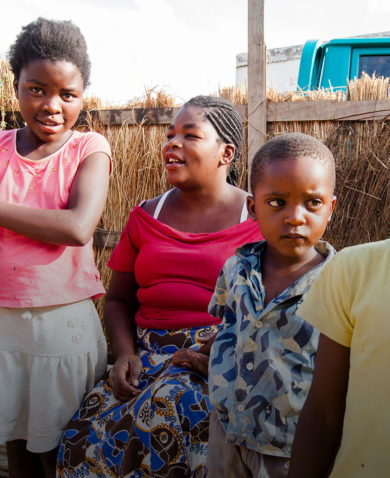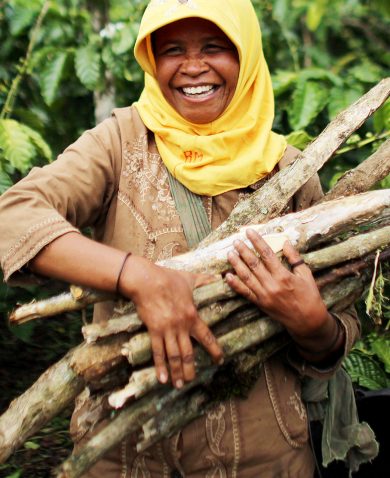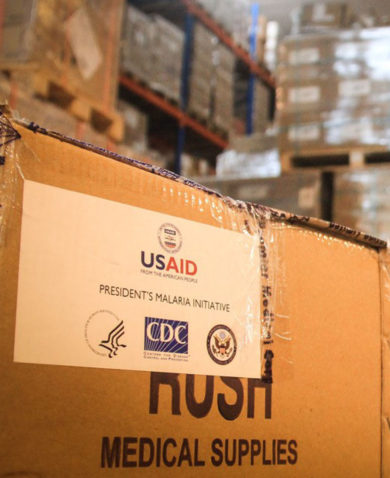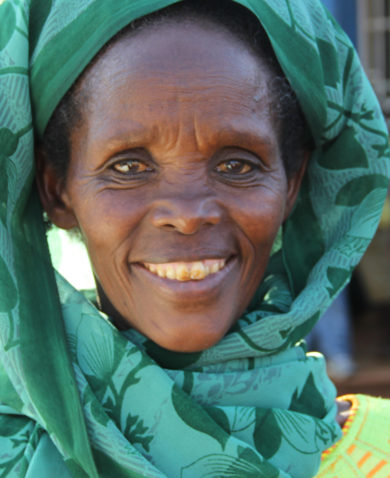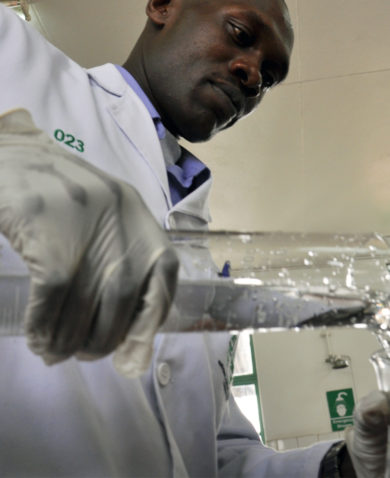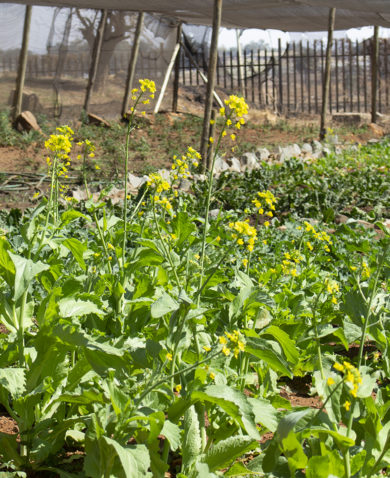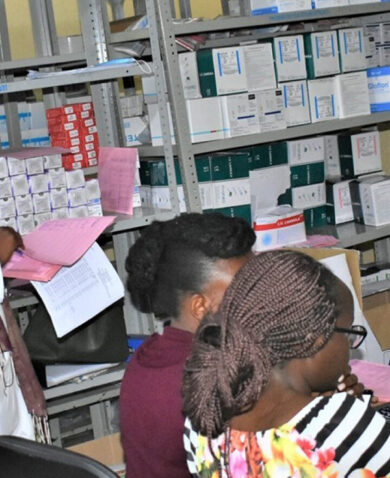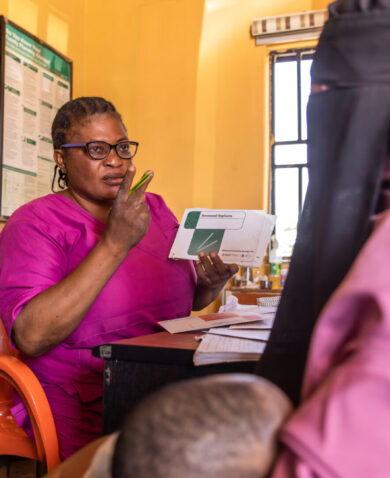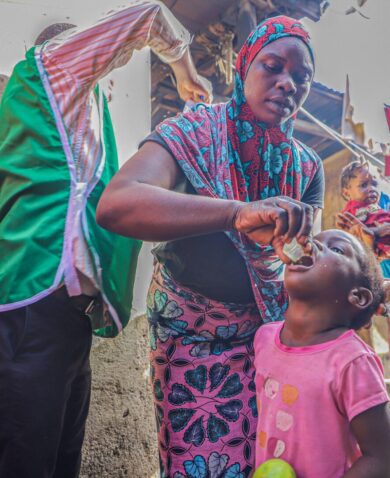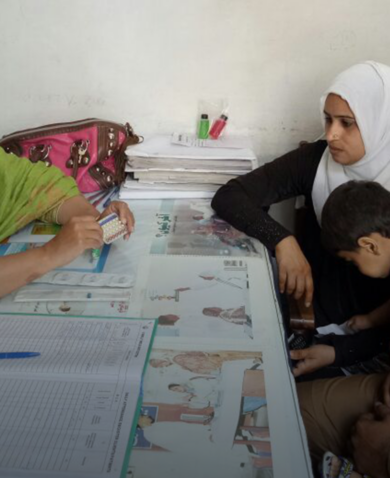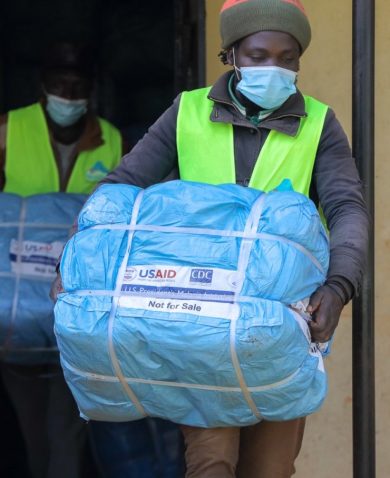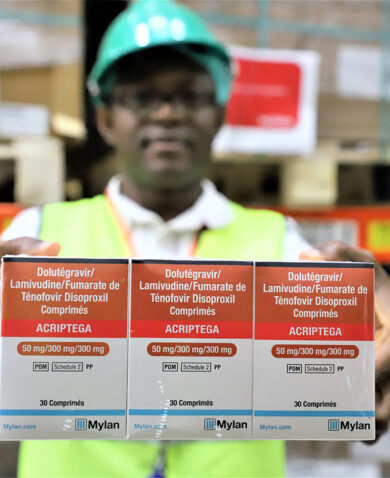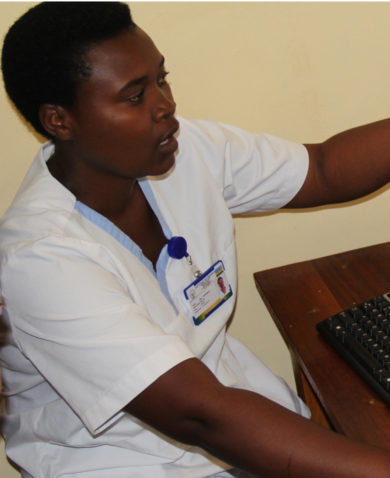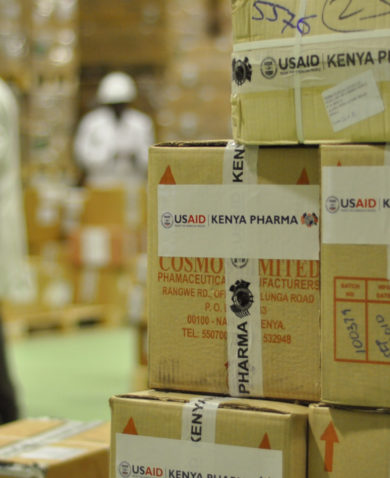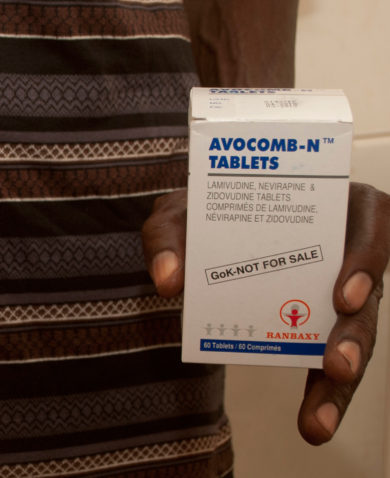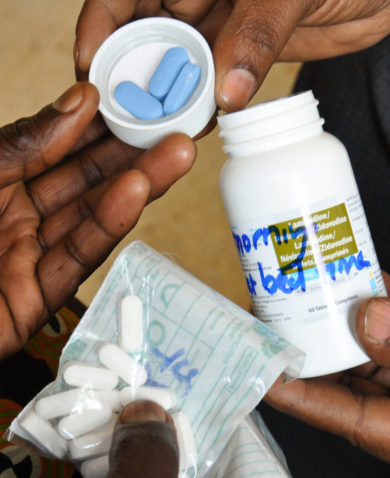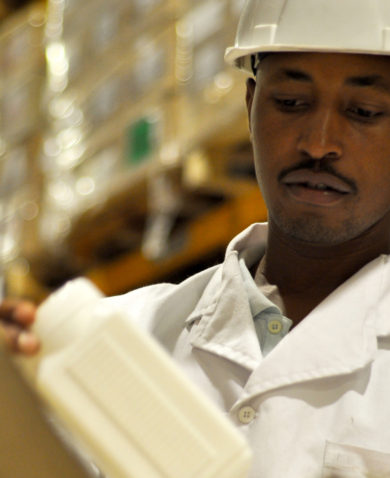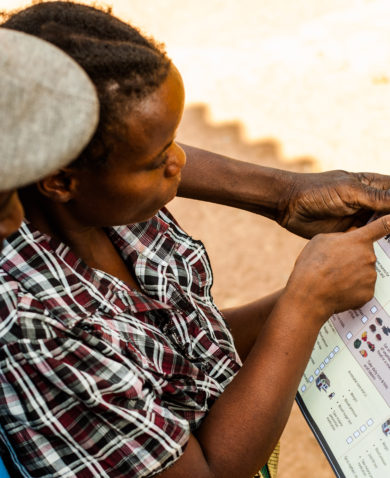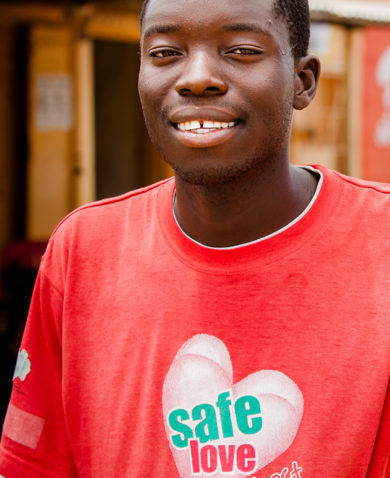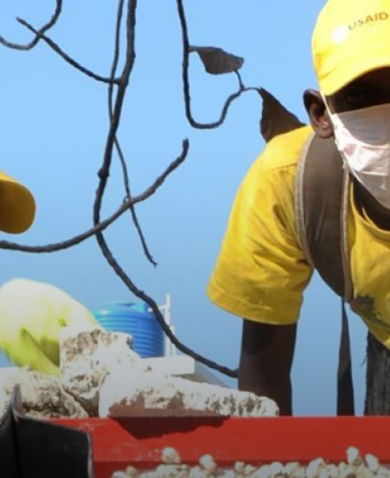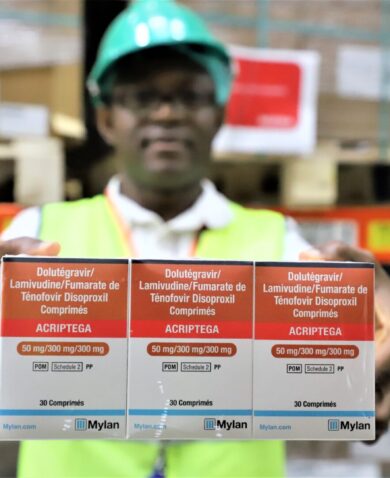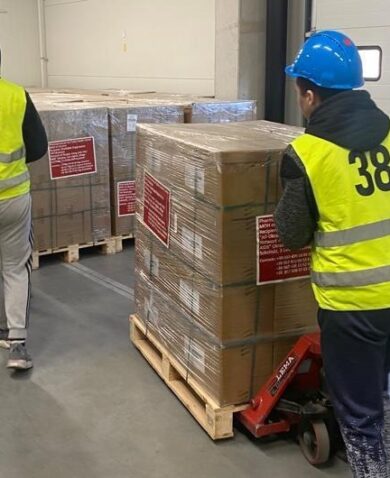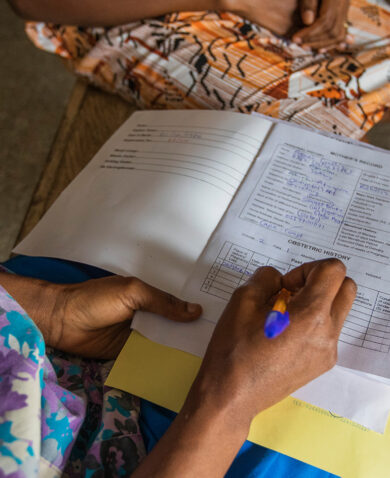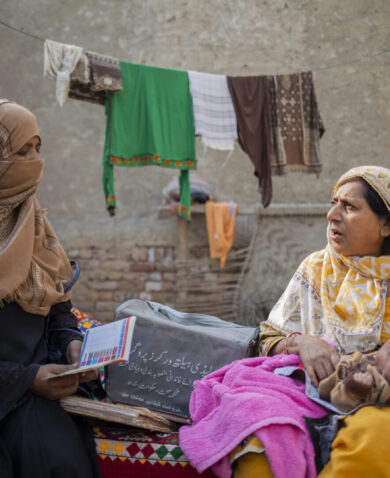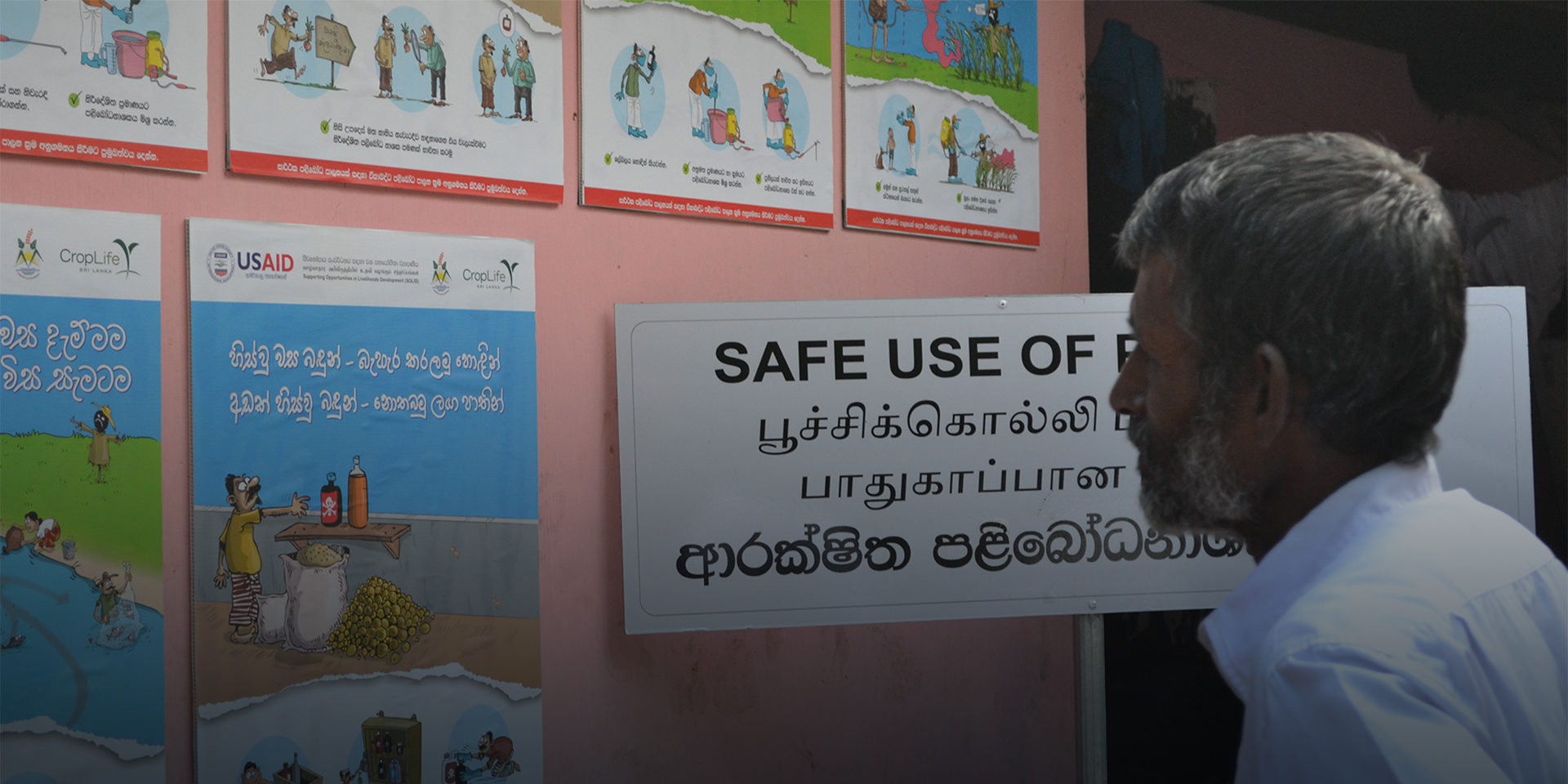
Chemonics News
News: Delving into Social and Behavior Change at the #SBCCSummit
April 13, 2018 | 2 Minute ReadAt the 2018 Social and Behavior Change Communication Summit, practitioners explore the role of SBCC programming in pushing forward the 2030 sustainable development agenda.
Intractable development challenges demand solutions that shift norms, change behaviors, and amplify the voices of those who have the most at stake. Social and behavior change communication (SBCC) make these solutions possible. At the 2018 International SBCC Summit — Shifting Norms, Changing Behavior, Amplifying Voice: What Works? — global practitioners convene to explore what works and what’s next in the modern field of SBCC.
Hosted in Indonesia from April 16 to 20, the SBCC Summit highlights the major debates and issues faced by practitioners — from understanding what innovative approaches work to integrating SBCC into national development policy.
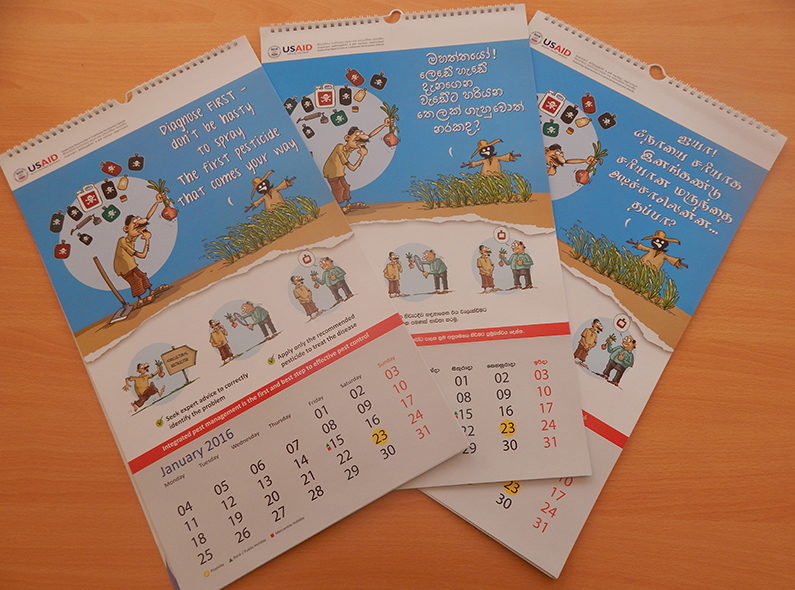
While SBCC has often been used in the public health arena, development programs in other technical sectors are also embracing SBCC tools and approaches. During a poster presentation on Monday, April 16, Chemonics’ Abby Buskager explores “Social and Behavior Change Communication in Practice.” To showcase the reach of SBCC models beyond health, the poster features USAID’s Sri Lanka Supporting Opportunities for Livelihood Development Activity, the Mozambique Coastal City Adaptation Project, and the Maldives Global Climate Change Project. These projects placed evidence-based SBCC tools and approaches at the foundation of public awareness campaigns to positively influence knowledge, attitudes, social norms, and behaviors.
On Friday, April 20 (8:30 a.m. WITA), Chemonics’ Debora Freitas López and Chimwemwe (Joy) Msiska join a panel discussion on “The Role of SBC in HIV/AIDS Treatment, Adherence, and Care: Achieving 90-90-90.” Joined by FHI360’s Matthew Avery and University Research Co.’s Rachel Leeds, our panelists will share how SBC served as a key tool in HIV interventions in Zambia (featuring the USAID-funded Communications Support for Health Project), Uganda, and Thailand.
“The SBCC Summit is a great opportunity to bring together SBCC organizations, practitioners, and researchers to share evidence-based knowledge, experiences, and research,” said Debora Freitas López, director in Chemonics’ Global Health Division and co-chair of the CORE Group’s Social and Behavior Change Working Group. “This year, Chemonics is excited to present on the role of SBCC in achieving objectives, whether in health or in another technical area, such as climate change adaptation. It will be interesting to see how we can take what we learn at the summit and apply it to our projects.”

